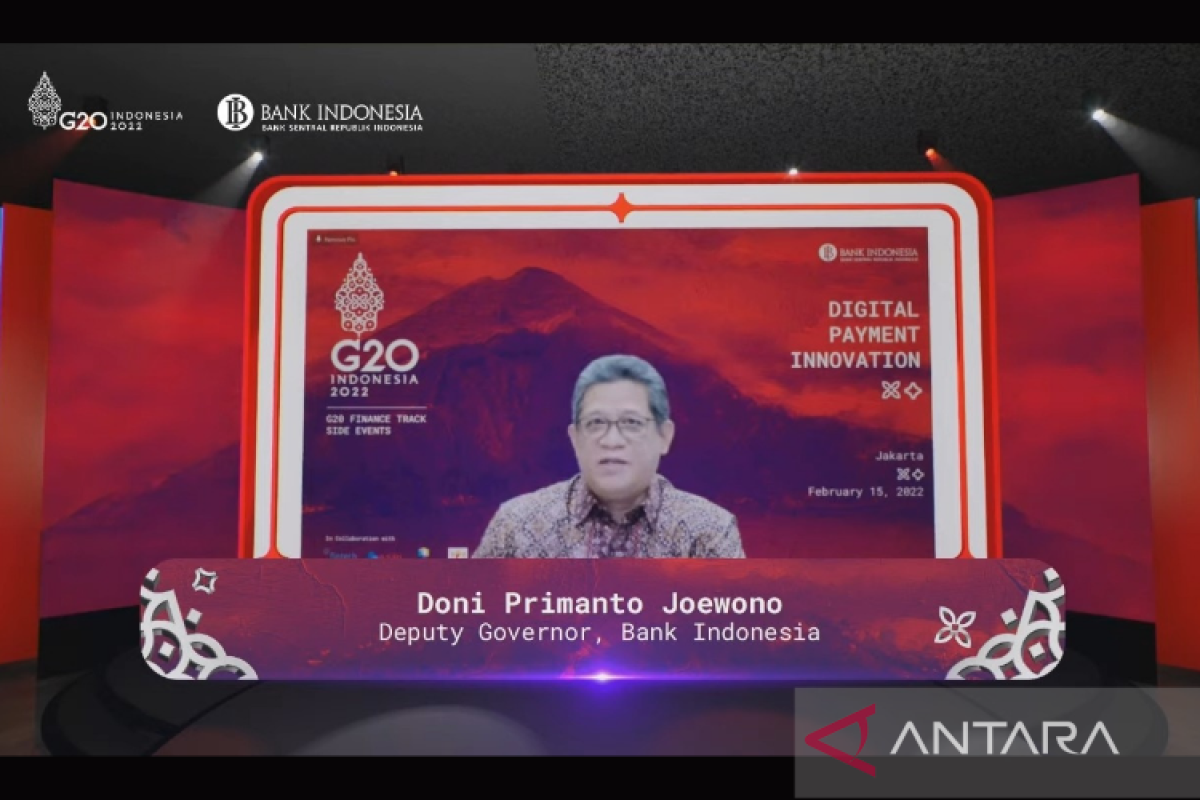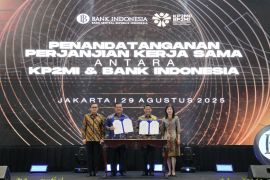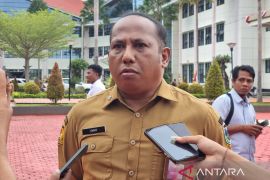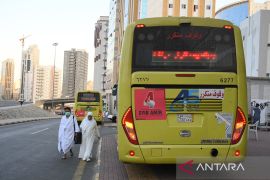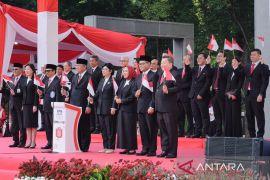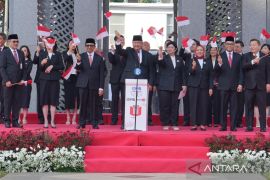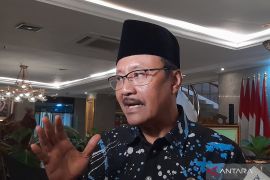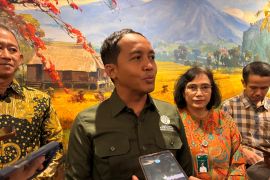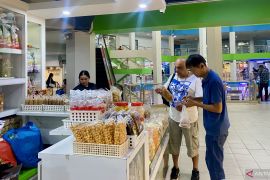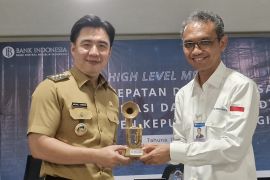We are optimistic that the synergy among all parties would help to realize the 2025 BSPI visionsJakarta (ANTARA) - Deputy Governor of Bank Indonesia (BI) Doni Primanto Joewono expressed optimism that the 2025 Indonesia Payment System Blueprint (BSPI) would open up access to 91.3 million unbanked citizens.
In addition, the 2025 BSPI will open up access to 62.9 million MSMEs to be connected to formal economics and finance.
"We are optimistic that the synergy among all parties would help to realize the 2025 BSPI visions," Joewono noted during a G20 side event here on Tuesday.
The 2025 BSPI is the direction of BI's payment system policy to navigate the role of the payment system industry in the era of digital economy and finance.
The blueprint contains five Indonesian payment system visions implemented by five working groups: Open Banking, Retail Payment Systems, Financial Market Infrastructure,
Data and Digitalization, and Regulatory, Licensing, and Supervisory.
Related news: Wirawan rape case: Court orders ministry to pay victims restitution
In the digital era, Joewono assessed that payment systems serve as the intermediary for the formation of a new economic ecosystem: the digital economy and finance ecosystem.
In recent years, technology-driven advancements in payment systems have led to the creation of new business models, arrival of suitable new players, transformation of consumer behavior, and development of the economic and financial landscape.
"Consumption has shifted from offline shopping to online, thereby increasing the demand for faster, mobile, and more secure payment solutions. The pattern of industrial relations between agents is getting more moderate in building new business models," he remarked.
In addition, the BI deputy governor noted that jurisdictional boundaries are fading due to the global digital platforms, thereby providing new opportunities with lower cost optimization.
Related news: Over 15 million merchants using QRIS: Bank Indonesia
As a result, financial services will become more accessible to the community, including to those, who are unbanked, and MSMEs that are less familiar with finance and technology.
Through digitalization, he expressed optimism that financial inclusion would boost economic productivity and inclusion that are sustainable, especially among MSMEs and women.
Related news: Cross-border QR code bolsters financial integration in ASEAN region
Related news: Jakarta Social Office distributes food packages for COVID-19 patients
Translator: Agatha Olivia, Raka Adji
Editor: Fardah Assegaf
Copyright © ANTARA 2022
